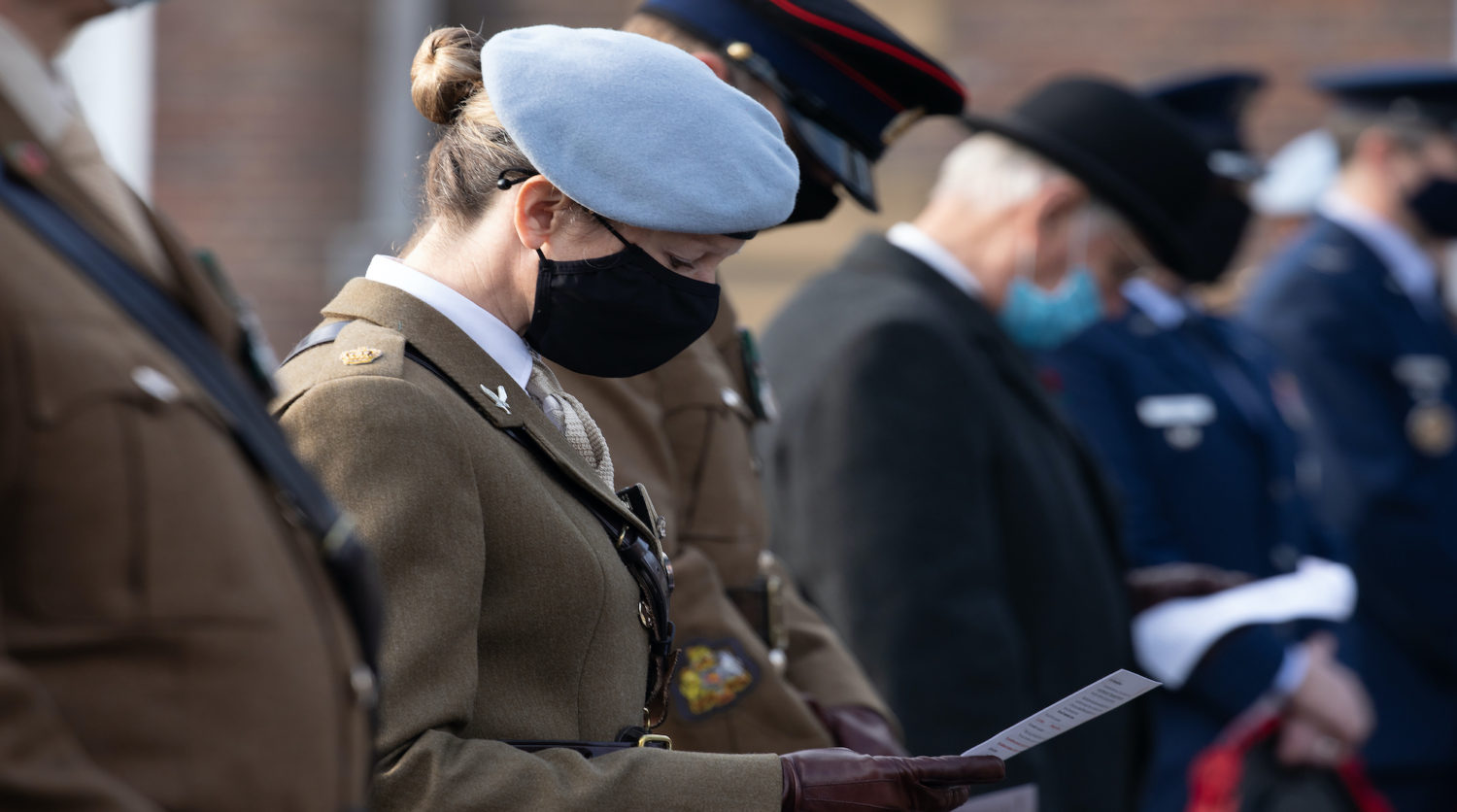Under the radar
We must do more to support past and present service women, writes Tony Wright.
It is one of the strange anomalies of life that we know more about the moon than the lived experience of the UK’s women army veterans as they transition from military service to civilian life. It is also remarkable, and a cause for concern, that the needs of women who served in our armed forces have been completely overlooked by parliamentarians, academics and service charities since the end of the second world war.
Women service personnel account for approximately 11 per cent of the serving population. Yet, services to support them are thin on the ground, and what does exist is designed on the whole for men. Women veterans have therefore slipped under the radar, despite a significant number losing their lives during conflicts in Iraq and Afghanistan, and thousands serving with distinction during times of war and peace.
Women experience the same difficulties as men during the transition back to civilian life, such as a loss of identity, adjustment disorders and problems when trying to assimilate back into the employment market. There are also multiple and complex issues which affect mostly women veterans, such as military sexual trauma, which is poorly understood.
Currently there are no ‘gender specific’ mental health services for former service personnel and very few, if any effective vocational skills training programmes designed for or delivered by women for those trying to reinvent themselves in a competitive jobs market. This has led many women veterans to feel invisible.
So how does the left engage and support a hidden population? It will first be important to identify all women veterans, past and present. The upcoming census will be a great starting point and the resulting data will help inform exactly how many women may need support.
We then need a national consultation exercise, facilitated by government, to establish and identify unmet need. With this information, Labour could proactively target women veterans by forming policies to better support them, such as gender-related physical health support, more generous benefits and entitlements, help with employment, and properly-funded counselling and support services.
Currently, veterans have to ask for help before they get it, and this in itself is a significant barrier to engagement, simply because the very thought of asking for help fills many with anxiety, guilt and a sense of failure.
While some women veterans will suffer from post-traumatic stress as a result of their being in imminent danger whilst on duty, others may struggle with the long-term impact of in-service sexual assault and rape. The absence of timely, gender-specific, trauma-informed therapies, interventions, counselling and indeed justice can cause long-term damage to survivors. Left untreated, clinical depression and anxiety can lead to relationship breakdown, self-medication, addiction, unemployment, isolation, loneliness, self-harm and for some suicidal ideation or completion.
The women who served in our armed forces can accurately be described as a hidden population in the UK. We all have a collective and moral responsibility to celebrate and support these women. To do so, we must provide high-quality, gender-specific support to those who need it.
Image credit: © Crown copyright 2021.

